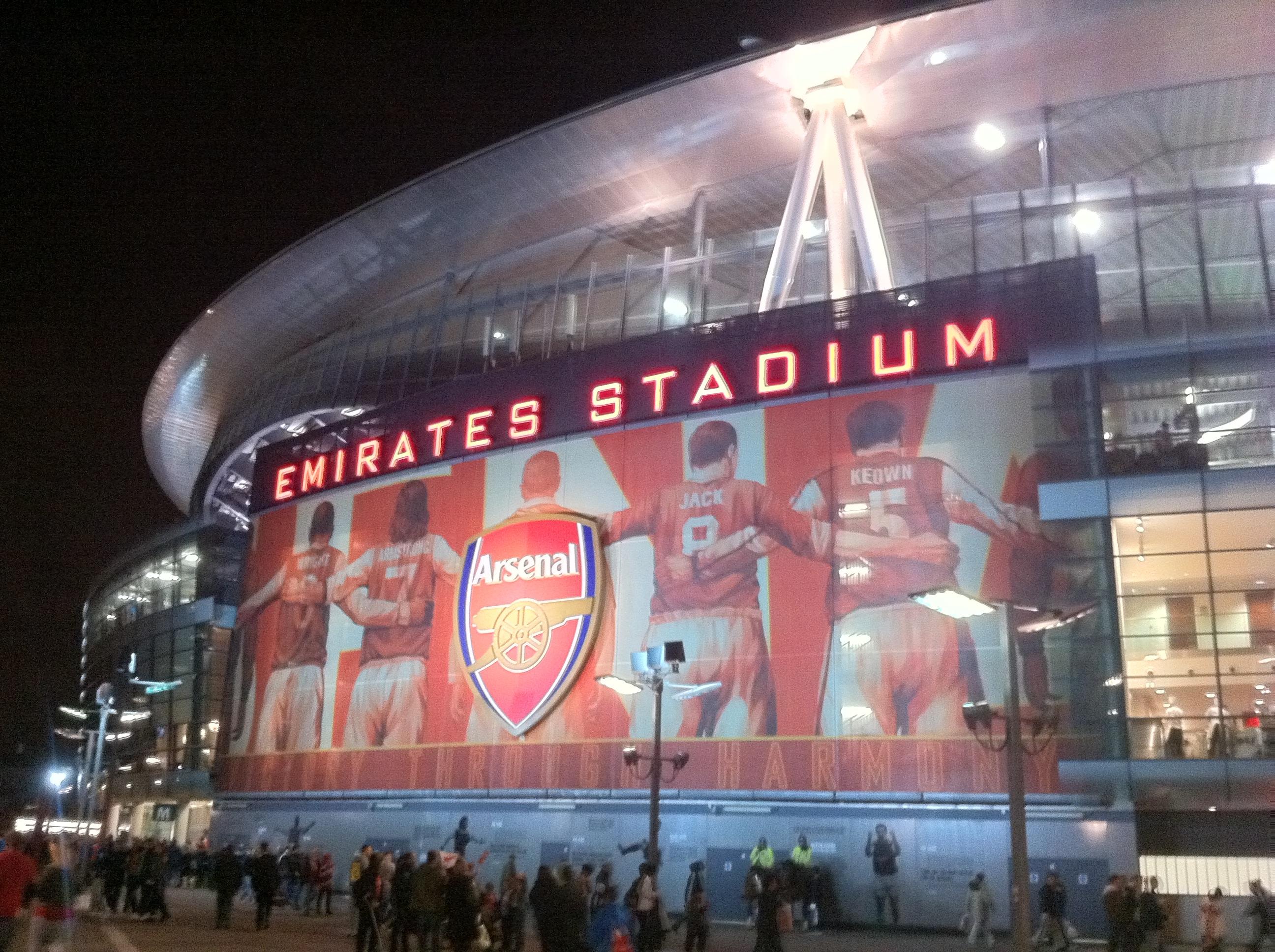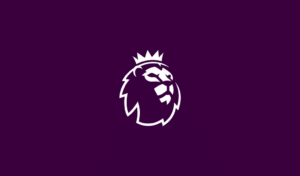 Former Arsenal and Manchester City star Samir Nasri is being investigated by Spanish anti-doping authorities after his Twitter account was hacked on Tuesday night.
Former Arsenal and Manchester City star Samir Nasri is being investigated by Spanish anti-doping authorities after his Twitter account was hacked on Tuesday night.
A series of bizarre tweets were sent from Nasri’s account in response to a post from Drip Doctors, a service he is believed to have used for an intravenous treatment.
While most of the focus of the Twitter storm was on Nasri’s alleged infidelity to his then-girlfriend Anara Atanes, it is the reference to Drip Doctors and intravenous treatments that has caught the attention of the Spanish anti-doping agency (AEPSAD), because intravenous treatments are banned by the World Anti-Doping Authority (WADA) for treatments over 50ml unless there is clear medical reason, such as a hospital admission, or if an athlete has a Therapeutic Use Exemption (TUE).
It is not yet clear if such an agreement exists with AEPSAD, or if Nasri indeed exceeded the dosage, although the threat of a hefty ban looms over the Rojiblancos star should he be found guilty.
The situation came to light when this picture linking the 29-year-old to Drip Doctors was posted with the message:
We provided @SamNasri19 a concierge Immunity IV Drip to keep him hydrated & in top health during his busy soccer season with @SevillaFC ???????? pic.twitter.com/bfDNeM5vQu
— Drip Doctors (@DripDoctors) December 27, 2016
Nasri’s current side Sevilla expressed surprise about the allegations and told the Daily Telegraph that they will seek an explanation from Nasri when he returns to Spain on Thursday after spending the Spanish winter break in the US.
“We are waiting to talk with the player,” a spokesman said.
Nasri has scored 3 goals in 13 games so far this season, shining for Jorge Sampaoli’s men as they reached third in the table before the La Liga winter break.
Drip Doctors is an LA-based firm provides a concierge intravenous vitamin drip service that they claim jumpstarts muscle, tissue and stress recovery by using a concentration of high dose amino acids, anti-oxidants, and vitamins directly into the blood stream.
The rules For Intravenous Treatment:
Intravenous (IV) infusions have been included on the WADA List of Prohibited Substances and Methods under section M2. Prohibited Methods, Chemical and Physical Manipulation since 2005.
They are prohibited both in- and out-of-competition.
The current wording in the 2015 Prohibited List states that Intravenous infusions and/or injections of more than 50 mL per 6 hour period are prohibited except for those legitimately received in the course of hospital admissions, surgical procedures or clinical investigations


